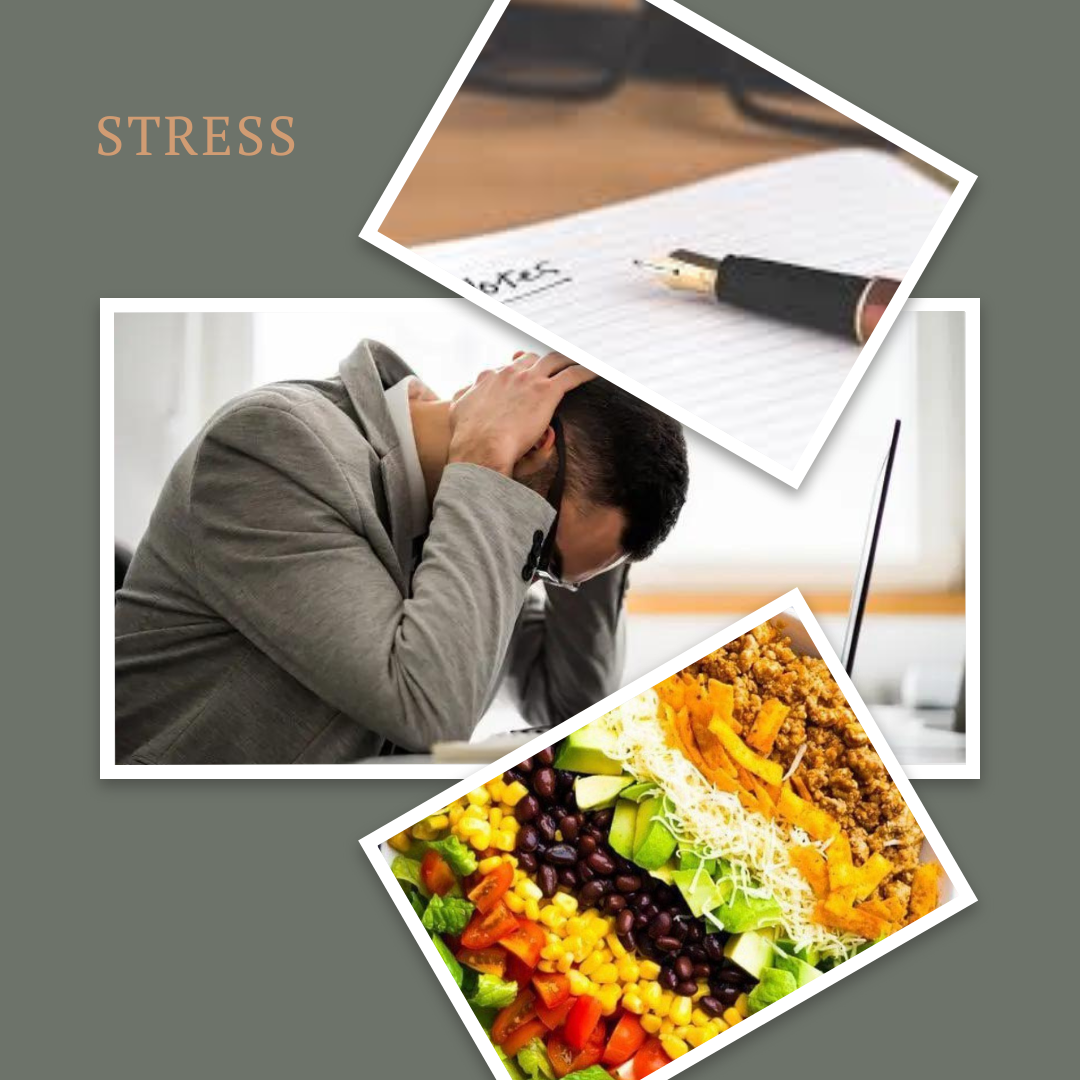How to Lower Cortisol: 5 Things You Can Do Right Now
The body creates synthetic cortisol, a chemical that, in light of pressure, is called stress.
Most specialists don’t regularly test cortisol levels, and the side effects of high cortisol levels will generally be difficult to distinguish from those that healtytoday cross over with a ton of other normal medical problems (like cerebral pain, crabbiness, and disturbed rest, among others).
In any case, straightforward moves toward overseeing pressure can keep cortisol levels solid as well, regardless of whether they’re raised.
5 Proof-Upheld Ways Of bringing down Cortisol Levels
1. Healthy Eating Made Easy
Avoid highly processed food varieties, and on second thought, pick single-fixing food varieties as frequently as could be expected .That is one method for aiding your digestion and your stomach-related framework, which is something cortisol can impact .
One review saw cortisol levels and the glycemic record (GI), an estimation of how quickly a food raises your glucose. (High-GI food varieties incorporate many profoundly handled ones, such as sweet beverages, refined carbs, and inexpensive food.) Those scientists found a connection between a high-GI diet and expanded cortisol levels.
Other research has found a connection between eating unhealthy food varieties and a quick expansion in cortisol. What’s more, eating too few calories might disturb cortisol. One review tracked down a relationship between calorie limitation and expanded cortisol.

2. It’s Time to Get Moving!
Physical activity is also helpful while you’re hoping to bring down your cortisol levels. “What’s more, I say ‘actual work’ rather than ‘work out,'” Dr. Bennett says. “Whatever gets you rolling is significant, whether that is strolling, yoga, HIIT, or CrossFit. Find anything your jam is and do it.”
One review, for instance, relegated sound individuals to one or the other sudden spike in demand for a treadmill for 30 minutes or not, and afterward took the Trier Social Pressure Test—an exemplary exploratory undertaking requiring members to concentrate on conveying a discourse and tackle a numerical statement before a crowd of people. That examination tracked down a more modest expansion in cortisol among the treadmill sprinters than among the group that hadn’t practiced before the pressure test.
3. Write It Down
You probably will need to just try not to contemplate the occasion in your life that is worrying you, yet the examination recommends doing the inverse, which might have benefits.
One review, for instance, found that when individuals expounded on a past disappointment prior to encountering another stressor, their degrees of cortisol were diminished when compared to people who didn’t initially finish the individual composing exercise.
4. Guide to Meditation
For a long-term decrease in your cortisol levels, contemplation might help. Proof backings that assuming you keep up the propensity, you can expand your capacity to bear vulnerability, uneasiness, and the unforeseen.
Research proposes that care contemplation is a compelling device for bringing down cortisol levels and that the thing that matters is particularly unmistakable in those the review creators considered “in danger,” characterized here as “exceptionally focused on individuals or populations with illnesses that are powerless to stretch, for example, mental problems and substantial ailments like fiery illnesses or diabetes.”
5. Get More Sleep
In one review, members either had a typical evening of rest or were exposed to an evening of lack of sleep. The next day, all study subjects were made to play out a distressing undertaking—a discourse and a numerical question—before a harsh-looking crowd. The scientists found raised cortisol levels in the sleepless individuals compared to those who’d dozed typically.
Different sources have observed that rest misfortune is related to raised cortisol levels, even on the second day after the unfortunate night’s rest.

